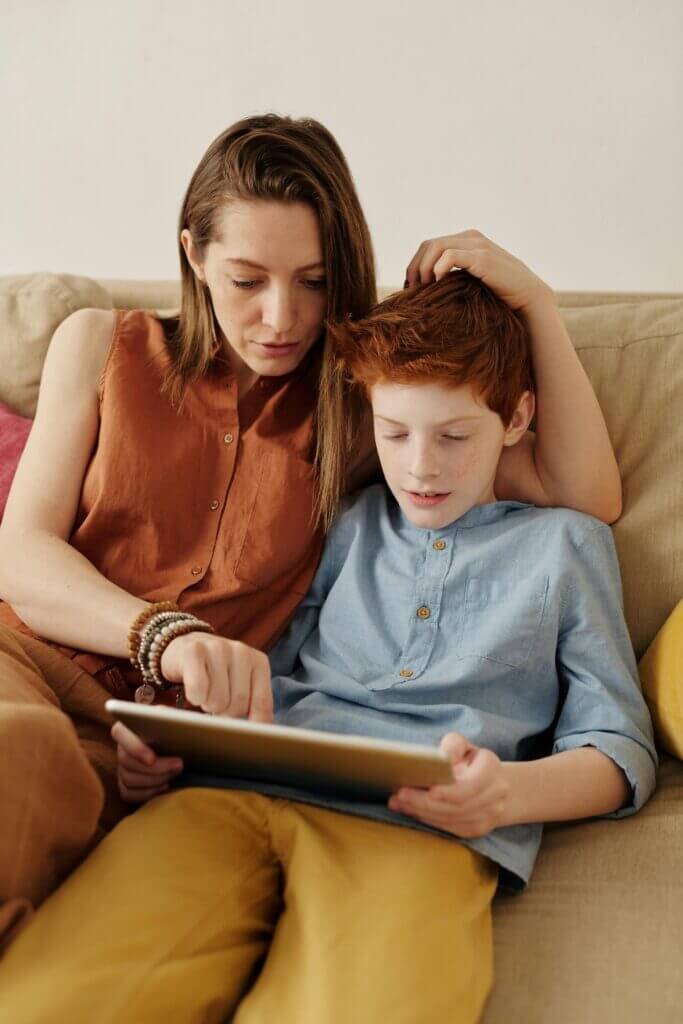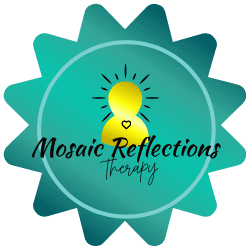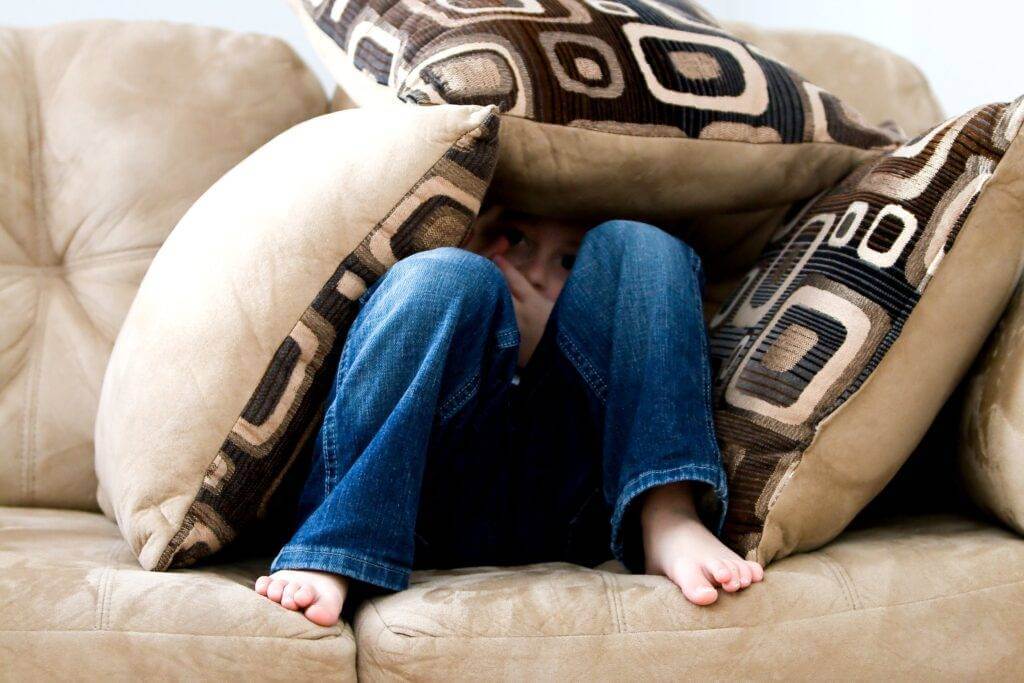
Child Therapy
You’ve been paying much closer attention to your child’s moods and behaviors recently. Something changed. Your child is struggling at home or at school. Your child’s new behaviors, new attitude, new way of relating to the world seemed to come on rather suddenly. You think back to several months ago and your child seemed ok. You may not be quite sure what changed. As a parent, you’re worried. You want to help and support your child, but are met with screaming matches, silence, or behaviors that are worse the before you confronted them. It feels defeating as a parent as you want your child to be happy and enjoying life. Therapy can help, and especially with a therapist who knows how to relate to children.
Therapy is a valuable tool for addressing mental health concerns for all ages. The therapeutic approach can vary significantly when working with children compared to adults. A therapist who understands these differences is crucial for effective support and outcome.
Children often express themselves through play, art, imagination, or other activities. A child therapist is trained to harness these creative expressions to build rapport and uncover underlying emotions. Techniques such as play therapy, art therapy, and storytelling are commonly used to help children express complex emotions in a developmentally appropriate way. When working with children, a therapist will consider the child’s age, cognitive abilities, and developmental stage when tailoring interventions. Play is often a central component as it aligns with a child’s natural mode of expression.
Parents play a crucial role in the therapeutic process for children. A therapist will often collaborate with parents to discuss concerns, successes, and to create a supportive environment at home. Goals for children may involve emotional regulation, coping strategies, social skills, and building self confidence.
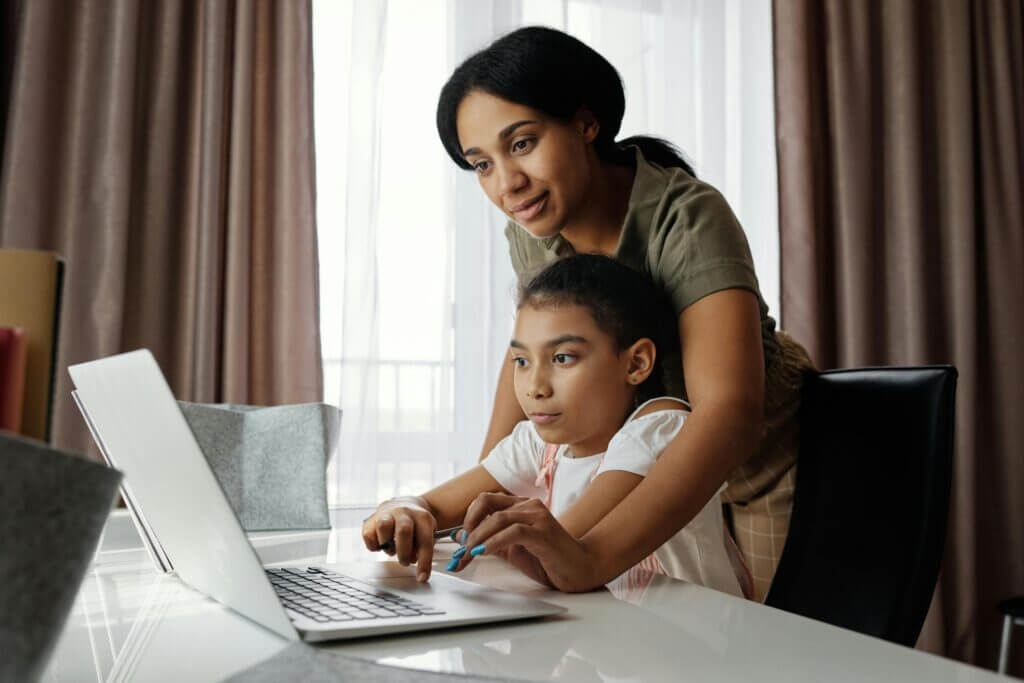
Therapy Can Address
- Anxiety, Phobias, Social Anxiety
- Big Emotions or Big Feelings
- Bullying
- Conflict at Home or at School
- Anger, Aggression
- Depression, Self-Harm, Suicide
- ADHD- Attention Deficite Hyperactive Disorder
- ODD- Oppositional Defiant Disorder
- Life Transitions (moving, divorce, loss of a loved one)
- Early Childhood Trauma
- Trauma/PTSD
- Attachment Concerns
Therapy Benefits For Your Child
- Skills to Regulate Their Emotions/Big Feelings
- Ability to Manage Transitions
- Improved Self-Esteem/Self-Confidence
- Support from Parents, Teachers, Therapist
- Improved Communication Skills
- Problem Solving Skills
- Hope For Their Future
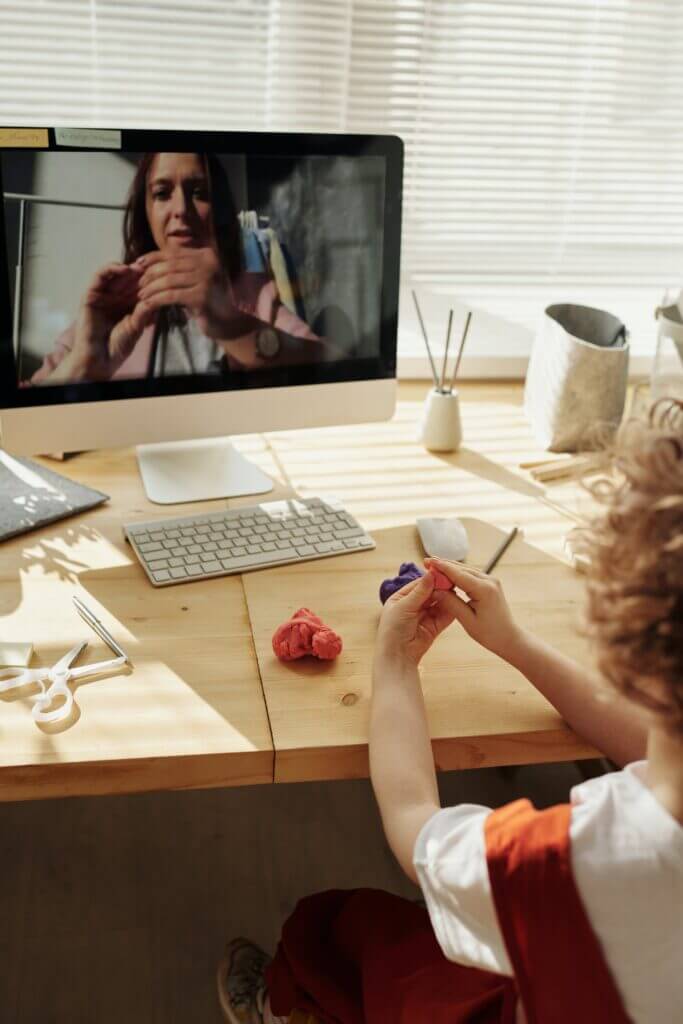
Child Therapy: What to Expect
Initially, some kids may be uncertain about therapy due to not knowing what to expect and the shyness of meeting somebody new. Finding a therapist who is trained in working with children will help ease this uncertainty and provide an environment in which your child feels comfortable and safe. During the initial intake session your therapist with meet with you and your child. Your therapist will gather more information about what you are currently experiencing with your child, gather background information, and develop goals for therapy. You will learn the plan for future sessions and have an opportunity to ask any questions you may have. This initial session will be mostly talking and an information gathering session. Depending on your child’s age may be challenging for you child to sit through. It is ok if they wander away or find another activity to keep them occupied during this session.
Subsequent sessions may be 1:1 with your child. A parent update may be recommended and encouraged at the start of session. Therapy with younger children may include play activities, involving toys, puppets/stuffed animals, games, books, drawing, and other fun activities. The therapist will likely involve you in the process, providing guidance on how to support your child’s emotional well-being at home. Open communication with the therapist is crucial for understanding your child’s progress.
Older children may be a little more skeptical of therapy and meeting with someone new. Beginning sessions may be more about communicating about their interests, likes/dislikes, and getting to know their therapist in order to build trust. Your therapist will meet your child where they are in the process to facilitate a safe environment and to gain their trust.
